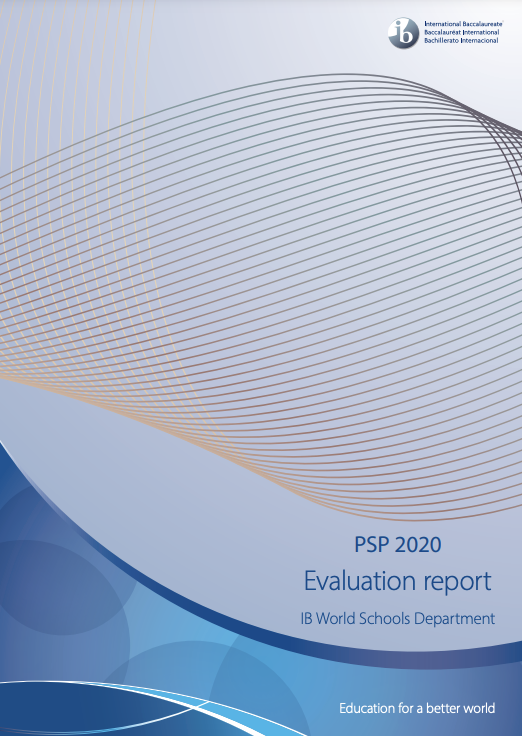IB Programmes
What is the IB Continuum?
What is the International Baccalaureate (IB) programme?
International Baccalaureate® (IB) programmes aim to do more than other curricula by developing inquiring, knowledgeable and caring young people who are motivated to succeed.
We strive to develop students who will build a better world through intercultural understanding and respect.
IB programme frameworks can operate effectively with national curricula at all ages; more than 50% of IB World Schools are state-funded.
The IB’s programmes are different from other curricula because they:
- encourage students of all ages to think critically and challenge assumptions
- develop independently of government and national systems, incorporating quality practice from research and our global community of schools
- encourage students of all ages to consider both local and global contexts
- develop multilingual students.
In order to teach IB programmes, schools must be authorized. Every school authorized to offer IB programmes is known as an IB World School.
Students at International Baccalaureate® (IB) World Schools are given a unique education.
They will:
- be encouraged to think independently and drive their own learning
- take part in programmes of education that can lead them to some of the highest ranking universities around the world
- become more culturally aware, through the development of a second language
- be able to engage with people in an increasingly globalized, rapidly changing world.
You can find out how to become an IB World School, a requirement for teaching IB programmes, on this website.
IB students often perform better
IB World School students develop strong academic, social and emotional characteristics. They are also likely to perform well academically – often better than students on other programmes.
There is more information about the performance of IB students on the IB programme pages. For example, students on the IB Diploma Programme (DP) are likely to enroll at top universities, and students on the Primary Years Programme (PYP) and Middle Years Programme (MYP) outperform other students in a number of areas.
For more information on the IB, visit: https://www.ibo.org/







